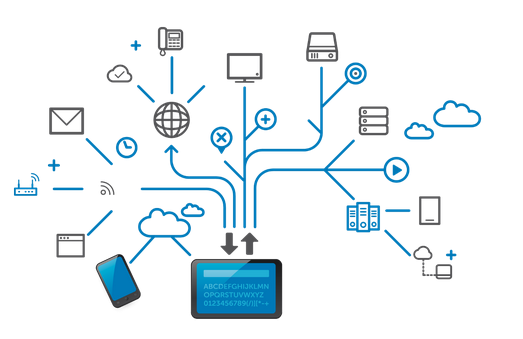
Linux Server Monitoring requires a proactive approach, which adds more value to the larger IT organization. Below are a few basic methods to provide insight to your Linux Servers and make sure that you're effectively monitoring them for optimal productivity.
Primarily, in case you've got a single server or in case you've got several servers, you may need to track every of them separately. You can produce a custom dashboard of servers on your desktop and run a routine scan to find out what changes you need to make. You are able to create a web interface on your website and use your monitoring tools to check the servers, handle them, create alerts and handle them from any device on the web.
Secondly, you may have to observe your server remotely, by using your web browser. This will give you detailed information about the server's performance and if there are any potential issues that have to be resolved, or if there is a issue with the host itself. For example, if you're getting error messages, or when you see your system is sluggish, this might be indications of a possible problem that needs resolving.
Thirdly, if you operate a small company, it is usually not cost-effective to cover a dedicated Linux server monitoring support. In case you have a couple of servers, then this may not be a huge expenditure. However, in case you've got over a dozen servers running, you might find that running them manually at an individual level is cheaper. You can purchase a single machine and then install alerts on it, and then use this to monitor everything which runs through it.
You may also get your own Linux tracking tool and install it on your desktop. This tool will keep a list of all the activities that are being done with each server, like files uploaded and downloaded, time and date when files are uploaded or downloaded, etc.. When you need information about the overall functioning of the server, you can simply visit the system manager of all one of the servers on your record and have them give you detailed information about the performance and how it has changed over time.
Linux Server Monitoring is simple and fast, and it's surely worth considering. You won't ever regret having done it, and you could discover that you spend less in the long run later on because of reduced downtime. Due to fewer errors and crashes. The best aspect of this is that it will also help save you money on ongoing maintenance and will assist you in making better business decisions about where to allocate your funds.
For more details kindly visit
Linux Server Monitoring.
UNDER MAINTENANCE

